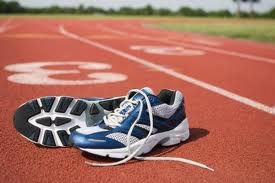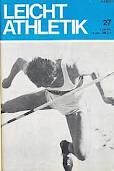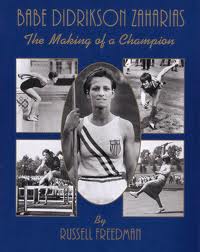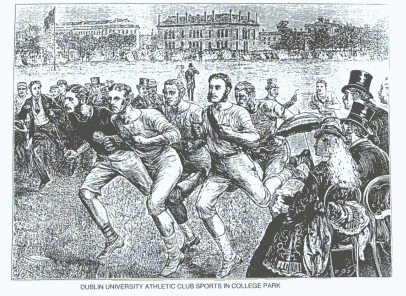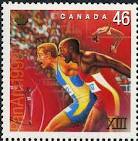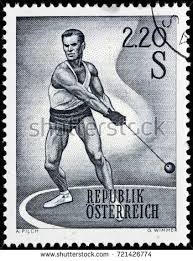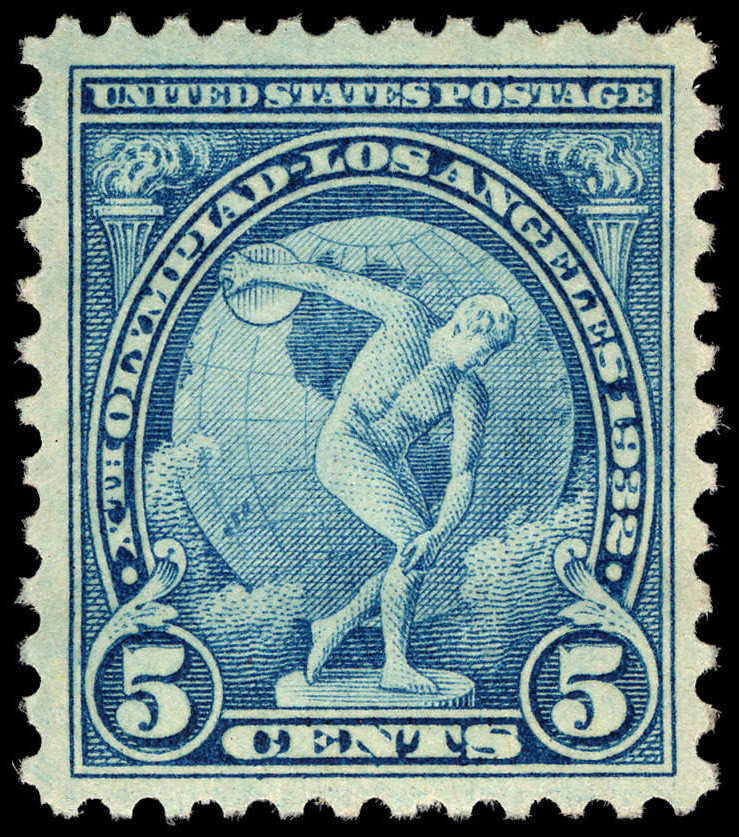International Institute for Sport History |
|
under section 501(c)3 of the Internal Revenue Code and is organized to operate a Library and Museum devoted to the History of Sport, Physical Education, Recreation, Dance, Sport in Art and the Olympic Games. Donations are tax deductible Federal Tax ID# 41-2041155 |
TRACK & FIELD / ATHLETICS
COLLECTION and ENDOWMENT

Ancient Greek runners on a Panathenaic amphora,
333-332 BCE. British Museum collection.
 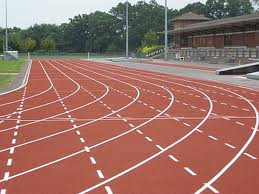 We seek everything on this topic -- in every language -- in order to develop the most comprehensive collection in the world. So do not throw out your books or old magazine collection, donate it to the IISOH. We want books, magazines and journals, pamphlets, brochures, etc. If you were an athlete in school then you might have something in your collection that would be happier in our collection. Try to get your Track coach to donate his collection to the IISOH. Certainly encourage coaches who are retiring to give us their entire collection.  Various aspects of Track & Field can be considered among the oldest sports in mankind's history. Javelins or spears have been used as weapons in warfare for thousands of years by different civilizations, while running was the first and only event in the earliest Olympic Games in Greece sometime between the ninth century BCE and 776 BCE. Of course you knew that the Olympic Games were that old - right? They did not "start" in 776 BCE because they were much older. Hippias of Elis was the first ancient Greek writer to try to figure out the origins of the Greek Games and the best he could do was find the name of a winner of the "stade" race. It was known that there were Olympic Games before this winner, but no records existed so Coroebus of Elis (Koroibos) was made famous forever when Hippias wrote how he was the "first recorded winner" in the ancient Olympic Games. Hippias then wrote a history of the winners and established his version of a calendar giving the first recorded winner the honor of being the first "Olympiad" winner. The date that was established a thousand years later corresponds to 776 BCE. Hippias simply called it the "first Olympiad" (there was no "BCE back then of course). 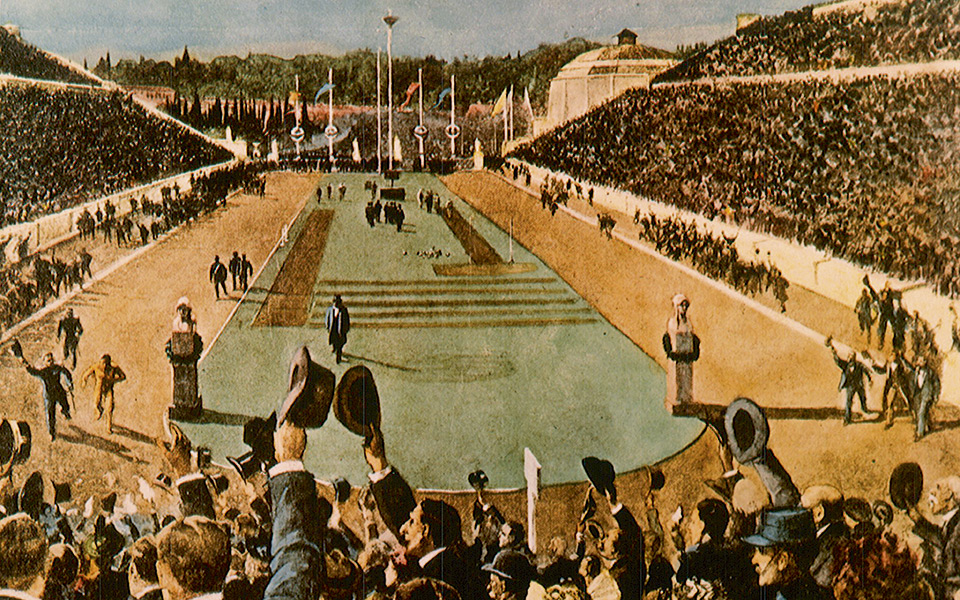 In today's Modern Olympic Games the Track & Field events are officially called Athletics) and they are the focal point of most fans and athletes, the sport for which the stadiums are built. It is a sport that almost every nation in the world competes. Equipment is minor -- the ancient Greeks ran naked. The Ethiopian athlete, Abebe Bikila, won the Marathon race at the 1960 Rome Olympics while running the race in his bare feet. Some of modern sport's greatest moments have come from the achievements of the athletes in Track & Field. You have probably heard of these great athletes: Jim Thorpe,  Jesse Owens,  Emil Zatopek, Emil Zatopek, 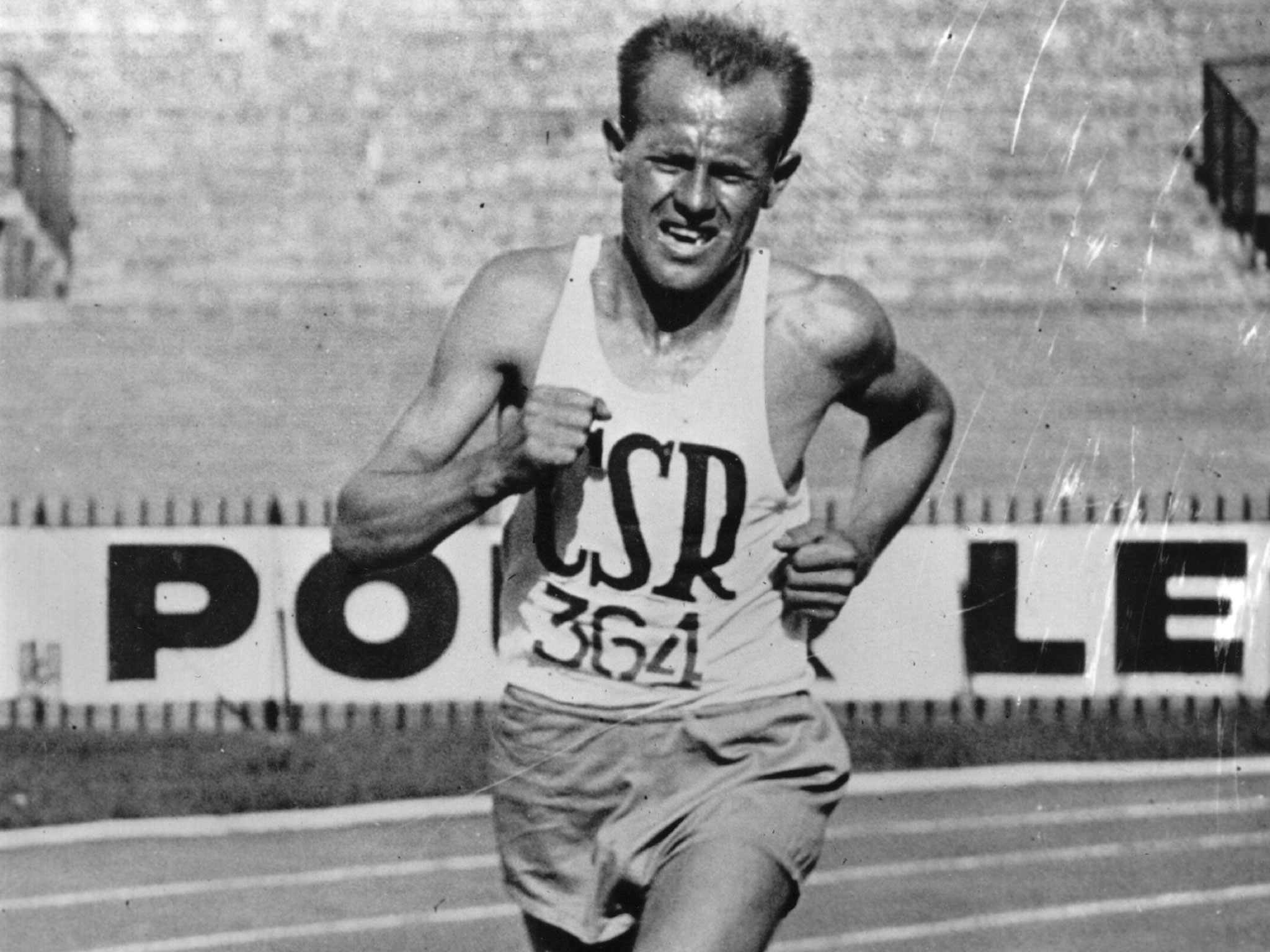 Harold Abrahams and Eric Liddell from the film Chariots of Fire about the 1924 Olympic Games. 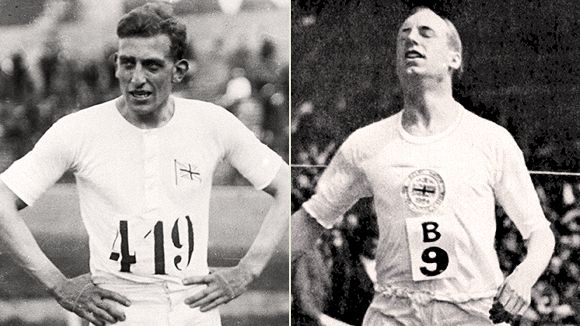 
Track and Field/Athletics continues to be one of the most important sports in the world today. The wide variety of events that are included in this sport are quick to come to mind - running events of all distances but the 100 meters is probably the most famous. Then there are all the others... the 400 and 800 meter races, hurdles, the 1500 meter race, 5,000 and 10,000 meter races and - of course - the Marathon race. And just a reminder for the younger generation, the "Marathon" race was created in 1896 for the first Modern Olympic Games to commemorate an event from the Persian invasions of ancient Greece. There was no "Marathon" race in the ancient Olympic Games, the Panathenaic Games or any other games. The Marathon race is a modern invention. 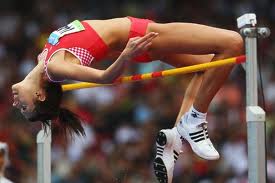 The other part of "Track & Field" are the field events: javelin throw, shot put and hammer throw. You probably have not practices these too often. But you may have done the jumps! There is the running long jump, the hop, step and skip jump, the high jump and the pole vault. So many activities! So many books to collect! Send us your collection! For more details about the endowment program, please click here |
|
Federal Tax ID# 41-2041155 |
Athletics Endowment Naming OpportunityThe IISOH is seeking a benefactor with a strong interest in creating an endowment for the sport of Track & Field / Athletics This is an opportunity for the benefactor to have perpetual identification with the sport of Track & Field / Athletics and the Institute's collection development and educational mission. The endowment would be named by the benefactor with the approval of the IISOH Board of Directors. For example: the John Doe Track & Field Endowment or the Mary Doe Athletics Endowment. The Track & Field / Athletics endowment is established as a permanent trust fund -- the principal funds are invested by the Institute and never spent. The quarterly interest from the investment is used to develop the Track & Field / Athletics collections in both the Library and Museum. This important collection will be very prestigious to name! AND -- donations to the IISOH are tax deductible. But if you cannot fund an endowment perhaps you would consider making a donation in a smaller amount. There are many other forms of recognition from engraved bricks to room endowments. You can find several other naming opportunities here. We also need a MILLION donors to become "Charter Members." For a single donation of just $25.00 we can develop an Endowment for the Operating Fund of $25 million Dollars. We want this type of widespread public support. If you would become a CHARTER MEMBER, and receive a lifetime acknowledgement in return, please go to this secure page and make a donation right now!  CLICK HERE to go to our secure website page - we are using STRIPE for credit card processing Do you prefer to send a check? |
NON-CASH DONATIONS |
MUSEUM donations:
 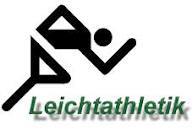 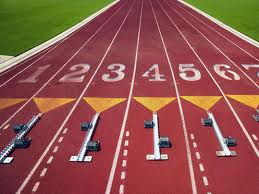
These lists are not comprehensive and are limited only by your imagination! For additional subject areas that we seek, see the list in the SUBJECTS area for endowments. Go here to see the Subject List. |
The IISOH is a non-profit, educational, literary and research organization
incorporated in the Commonwealth of Pennsylvania to operate a library and museum.
The IISOH is a public charity under section 501(c)3 of the Internal Revenue Code.
Donations are tax deductible
Federal Tax ID# 41-2041155
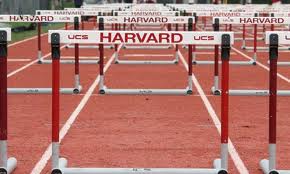
Links to pages about the IISOH
- IISOH Articles of Incorporation
- IISOH BYLAWS
- IISOH Board of Directors
- Become a CHARTER MEMBER or send a donation
- Building Plans
-
Endowment Program
Contact:
Mr. Harvey Abrams, President
International Institute for Sport History
(IISOH)
Library & Museum
PO Box 175
State College, PA, USA 16804
email: Olympicbks@aol.com
